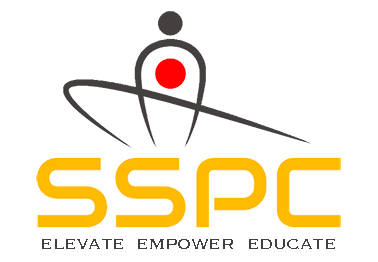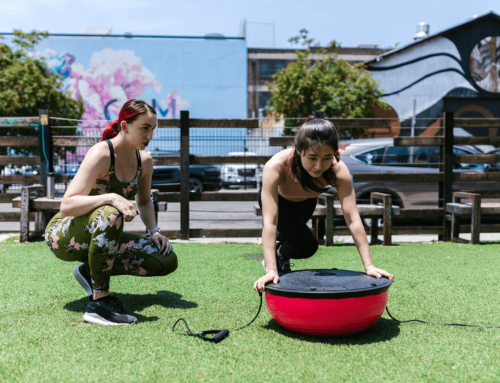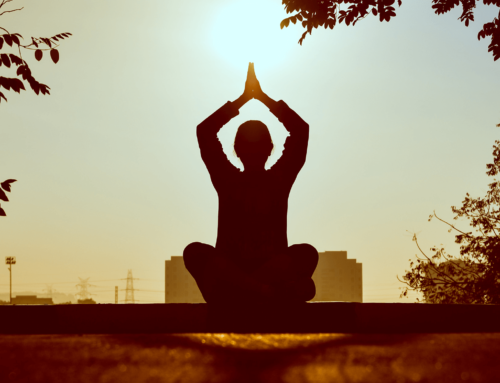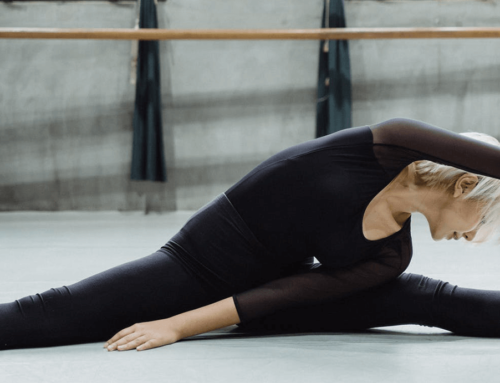“You should start with a 3km jog. It’s short distance and low intensity.” – Friend A who has been largely on a active lifestyle.
“You should start with swimming. It’s low impact on your joint.” – Friend B who has been swimming regularly.
“You should do 3x strength training coupled with 2x nose-breathing steady state cardio a week.” – Friend C who is a personal trainer/coach.
“You should start with brief walks.” – Friend D who is a Doctor.
I’m sure you have heard one (or all) of the above advice before in your life if you have tried to seek for guidance on either starting or getting back to a healthy lifestyle.
So, which one is right for you? How do you make the right choice on how to start your healthy lifestyle in a safe and effective manner that allows potential for growth and long term sustainability? Read on to find out.
As we can see from the examples listed above, most people will give advices that are bias towards their own experiences, expertise and know-how’s. This happens even with coaches and healthcare professionals. Why?
As the Head Coach of Sapphire Swimming School, I used to lead a team of 5 coaches and one of the important values I constantly preached to them was to get out there and seek as much advice from as many different people as possible. This is the fastest short cut you can take to become an open minded, well rounded, well tooled and less biased person/coach. Even if you didn’t become one/all of the above, at least seeing and knowing more will make a coach less of a ignorant snob/cynical person.
Key: If you only learnt from one person all your life, the only methodology you’ll teach/share, will be from that person who taught you (and your parents/Teachers for value wise).
With that said, we must understand that in any person’s lifetime, it is realistic to have only enough time to invest in one or two speciality and attain mastery.
Popularised by Malcolm Gladwell, the idea of Mastery is simplified into a minimum of 10000 hours of practice, if you practice 2 hours/day, that will be close to 14 years of practice. Cognitive psychologists, Fernand Gobet and Guillermo Campitelli researched master class chess players and found that players can take up to 16120 hours to reach master class status. Using the same 2 hours/day example, that’d be more than 22 years of practice.
Fact is, mastery of a skill/a specialised area of knowledge is only one sector of achievement, to attain mastery of coaching/guiding/teaching of that skill one mastered will take another precious and large bout of time.
While it may seem we are deviating further from the title of this post, understanding the process of mastery is key to understanding whose advice you should take up.
Now, think about the friends/coaches whom you asked your advice from. It’s only natural that the biases occur if
- they have only received coaching/guidance for that specific sport/way of training
- all their life, they’ve been doing that and they have already achieved certain level of mastery to know that whatever they shared, WORKS FOR THEM.
The question is:
- Whatever they’ve learnt, will it work the same way FOR YOU?
Most non-professionals will not be able to tell/guarantee what can work for you because they wouldn’t have the know-how’s to check your body’s strength/weaknesses/work capacity before prescribing a well thought plan.
And as much as we want to say “We Know The Best Way For You!”, the truth is, more than 60% of the answer actually lies in your own body’s awareness of the existing/pre-existing “baggage” of the body. Try the following self check questionnaire
Self-Check Questionnaire
- Any existing medical conditions? (High blood pressure/high cholesterol count/High blood sugar and so on)
- A lack of detailed medical checkup for the past 12 months.
- Any sprains/strain injury from childhood/teenage years? (Ankles sprains are common for sportspersons)
- Any recurring pain? (Shoulders when reaching certain direction)
- Any difficulty in daily lifestyle? (E.g: climb stairs with knee pain/clicking)
- More than 6-12 weeks of sustained sedentary lifestyle
If you answer yes to question 1 and/or 2, you should first get a medical check up from your family doctor’s clinic to clear your vitals for safety in exercising. If you answer yes to more than 1 out of questions 3-6 then you ought to have your movement screened by a movement specialist like The Physio Partner and/or SSPC before you start any exercises that requires you to practice in a repetitive manner.
SSPC can screen your joint movements to foretell any possible compensation from/for stiff/dormant/chronically hypertonic muscle and rectify them. We can then design a exercise program that is customised for you and your current level of fitness to achieve your expected wellness goals in the safest and most wholistic way.
Stop listening to gym-bros and weekend warriors. Let us help you take charge of your wellness by first discovering what you truly need, and be on your way to the best version of yourself in the quickest and safest journey!
Cheers
Coach Kae






